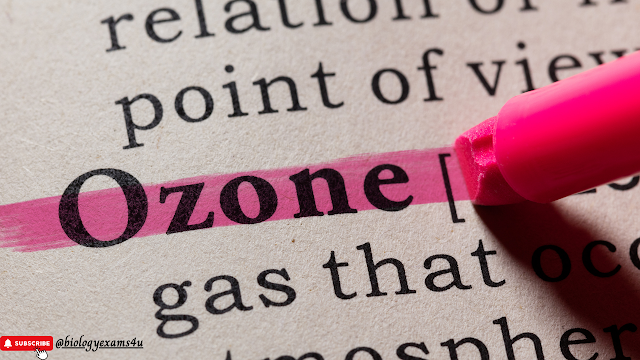The ozone layer, a delicate gas shield, shields the Earth from the sun's damaging radiation, thereby preserving life on the planet. The phaseout of controlled uses of ozone depleting substances, as well as the associated reductions, have not only helped protect the ozone layer for current and future generations, but have also made significant contributions to global efforts to address climate change; additionally, it has protected human health and ecosystems by limiting harmful ultraviolet radiation from reaching the Earth.
Ozone Day Theme 2023:
"Montreal Protocol: fixing the ozone layer and reducing climate change"
This year Ozone Day (September 16) is held under the theme Montreal Protocol: fixing the ozone layer and reducing climate change. Today, we celebrate the achievements of the Montreal Protocol on Substances that Deplete the Ozone Layer. This year’s theme highlights and reiterates the positive impact of the Montreal Protocol on ozone layer recovery and reducing climate change. Especially emphasizing the Kigali Amendment, which through the phase-down of hydrofluorocarbons and improved efficiency in the cooling sector, will provide additional climate mitigation benefits.
- Montreal Protocol : The Montreal Protocol has been signed by 197 countries, making it the first convention in UN history to gain universal ratification, and is often regarded as the greatest successful global environmental initiative.
The Kigali Amendment to the Montreal Protocol is an
international agreement that aims to phase down the production and consumption of hydrofluorocarbons (HFCs). HFCs are commonly used as refrigerants and air conditioning gases, but they are also potent greenhouse gases that contribute to global warming. The Kigali Amendment was adopted in October 2016 in Kigali, Rwanda, and it has been ratified by 99 countries so far.
The Kigali Amendment is considered to be a significant step towards limiting global warming, as it has the potential to avoid up to 0.4°C of warming by the end of the century. By phasing down HFCs, the amendment promotes the use of alternative refrigerants that are less harmful to the environment and climate.
The amendment has received widespread support from governments, industry, and environmental groups. It is seen as an example of how international cooperation can address global environmental challenges. The Kigali Amendment came into force on January 1, 2019, and it is expected to have a significant impact on the global climate in the coming years.


